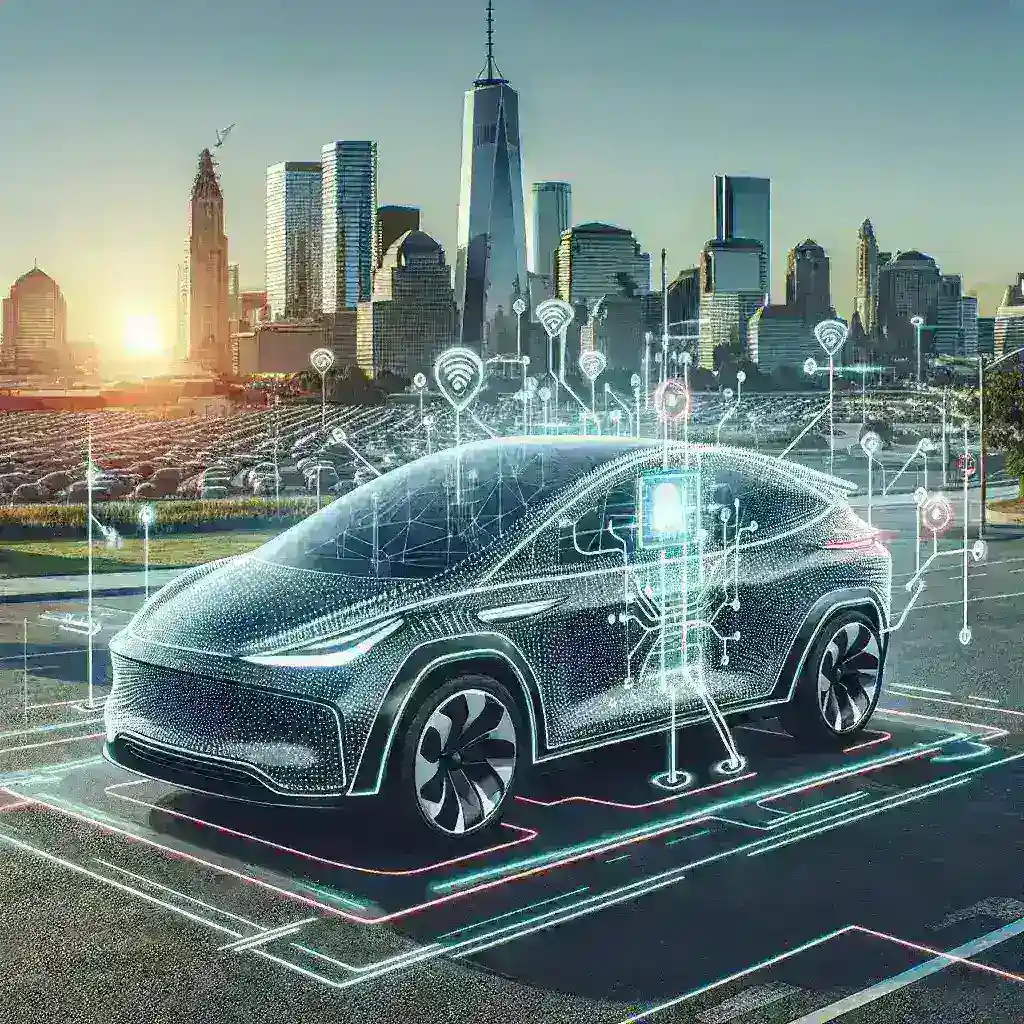Introduction
In the ever-evolving landscape of automotive technology, Tesla has consistently positioned itself at the forefront of innovation. One of its most recent initiatives involves the integration of artificial intelligence (AI) to enhance driver skills through personalized coaching. This article delves into how Tesla is piloting AI-powered driver skill improvement coaching in U.S. vehicles, exploring its implications, benefits, and future prospects.
Understanding the Role of AI in Driver Coaching
Artificial intelligence has transcended its initial applications, expanding into various domains, including transportation. Tesla’s approach to driver skill improvement leverages AI algorithms that analyze driving behavior, offering tailored feedback to enhance safety and efficiency. This technology not only focuses on real-time improvements but also provides long-term educational insights for drivers.
The Mechanism Behind Tesla’s AI Coaching
At the core of Tesla’s initiative is a sophisticated AI system that continuously monitors various driving parameters. These include:
- Speed Management: The AI assesses how well drivers adhere to speed limits and adjust their driving speeds based on road conditions.
- Braking Patterns: Analyzing the frequency and intensity of braking to promote smoother driving.
- Acceleration Control: Encouraging gradual acceleration to conserve energy and enhance vehicle longevity.
By collecting data from these factors, Tesla’s system can provide personalized coaching suggestions, empowering drivers to make informed decisions behind the wheel.
Benefits of AI-Enhanced Driver Coaching
The integration of AI in driver skill enhancement presents multiple advantages:
- Improved Safety: By educating drivers on safe driving practices, the risk of accidents can be significantly reduced.
- Fuel Efficiency: Smarter driving techniques can lead to lower energy consumption, translating to cost savings.
- Enhanced User Experience: The coaching feature makes drivers feel supported, promoting a more enjoyable driving experience.
A Historical Perspective on Driver Education
The concept of driver education has evolved over the decades. Traditionally, it relied heavily on in-person instruction and static materials such as books and videos. However, as vehicles became more advanced, so did the methods of educating drivers.
Historically, driving schools taught essential skills through a series of lessons, focusing on manual techniques and traffic laws. With the advent of technology, the approach began to shift towards more interactive and engaging methods, such as simulation training and virtual reality. Tesla’s AI-powered coaching represents the next step in this evolution, merging real-time data analysis with educational techniques.
The Future of Driving Education
As we look to the future, the integration of AI in driving education is expected to become more prevalent. Predictions for the next decade include:
- Widespread Adoption: More manufacturers may adopt similar AI coaching systems, making advanced driver education accessible to a broader audience.
- Continual Learning: AI will facilitate a lifelong learning approach, where drivers receive ongoing feedback throughout their driving journey.
- Global Impact: The proliferation of smart vehicles equipped with AI technology could lead to a significant reduction in traffic accidents worldwide.
Challenges and Considerations
While the advantages of AI-driven driver coaching are substantial, there are challenges that need to be addressed:
- Data Privacy: The collection of driving data raises concerns about privacy and how that information is used.
- Dependence on Technology: Over-reliance on AI could result in drivers becoming less adept at manual driving skills.
- Implementation Costs: The initial setup and maintenance of AI systems can be costly, potentially limiting access for some consumers.
Real-World Examples of AI Coaching
Several case studies illustrate the effectiveness of AI in driver skill improvement:
- Tesla’s Beta Testing: Early adopters of Tesla’s AI coaching feature have reported significant improvements in their driving habits, leading to safer journeys.
- Insurance Partnerships: Some insurance companies are collaborating with Tesla to offer discounts on premiums for drivers who engage with the AI coaching system, further promoting safer driving.
Expert Opinions on AI Coaching
Industry experts have weighed in on the implications of AI-enhanced driver coaching:
“The marriage of AI and driver education represents a paradigm shift in how we approach road safety. It’s not just about teaching; it’s about continuous improvement,” says Dr. Emily Parker, a transportation safety researcher.
Cultural Relevance of AI in Driving
As driving norms vary across cultures, the introduction of AI coaching can also be a catalyst for change. In regions where driving habits contribute to higher accident rates, tailored AI solutions can directly address these issues by offering localized education.
The Role of Community Feedback
Incorporating community feedback into the AI systems can also enhance their effectiveness. By understanding regional driving behaviors and preferences, Tesla can refine its coaching suggestions to better suit local drivers.
Conclusion
Tesla’s pioneering effort to integrate AI-powered driver skill improvement coaching in U.S. vehicles marks a significant milestone in automotive technology. By leveraging real-time data and personalized feedback, Tesla is not only enhancing individual driving skills but also contributing to the broader goal of road safety and efficiency. As we embrace this innovative approach, the potential for safer roads and smarter driving practices becomes increasingly promising.



